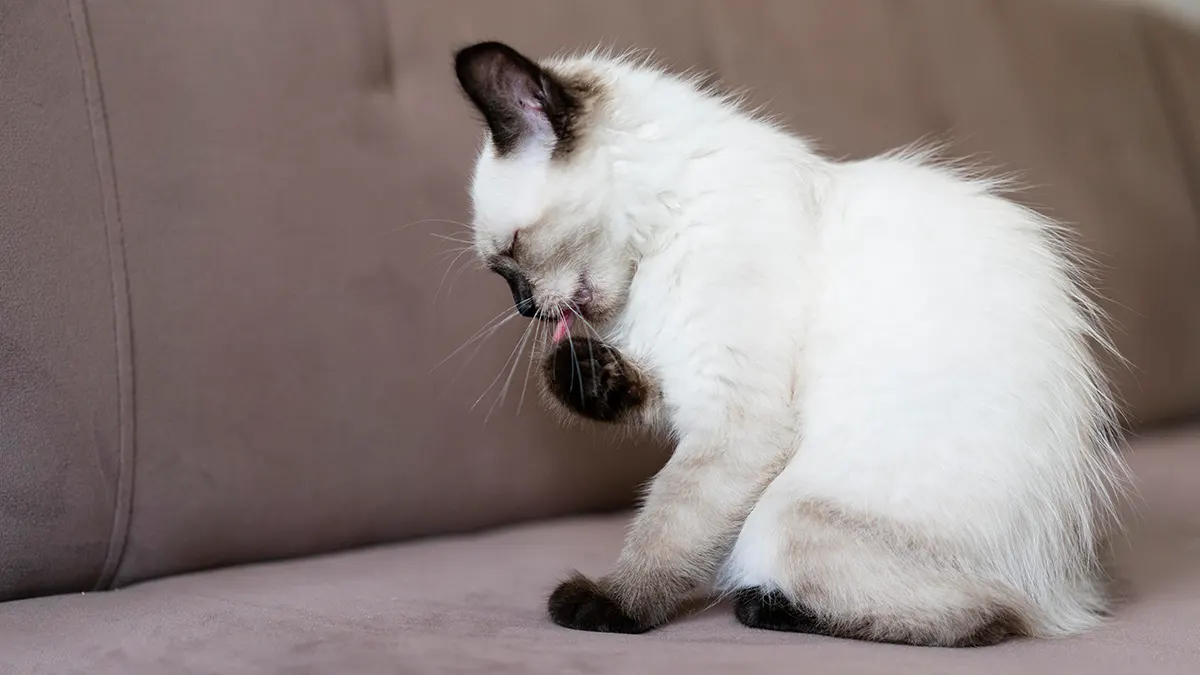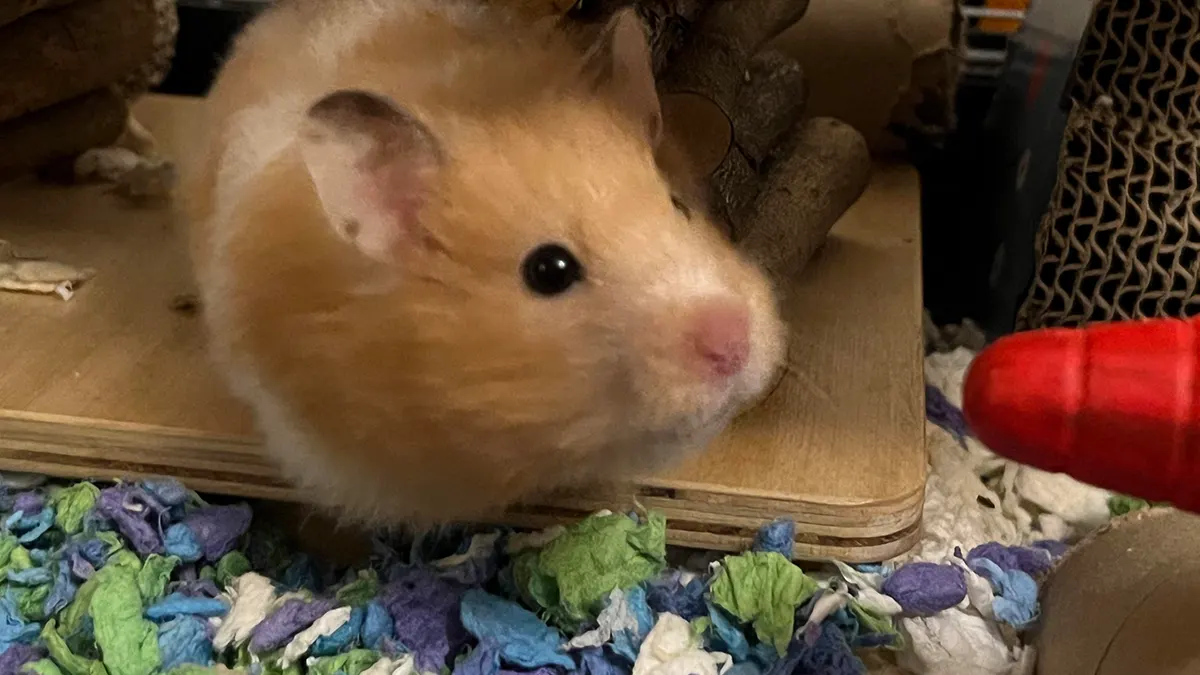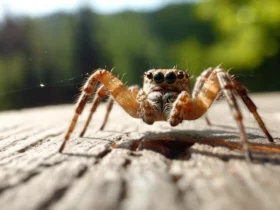Hamsters are usually quiet, adorable creatures, but when they start squeaking, it can be a little concerning for pet owners. If you’re hearing your hamster make these noises, you’re probably asking yourself: why is my hamster squeaking? Is it a sign of happiness, discomfort, or something more serious? Understanding why your hamster is vocalizing can help you address their needs and ensure they stay healthy and happy.
In this blog post, we’ll explore the top 5 reasons why hamsters squeak, how to identify what each sound means, and what you can do to ensure your pet’s well-being.
Table of Contents
1. Fear or Stress
One of the most common reasons a hamster may squeak is due to fear or stress. Hamsters are prey animals by nature, and even in a safe environment, they can get spooked easily. Loud noises, sudden movements, or handling them roughly can cause stress, and they may respond by squeaking.
If your hamster is new to your home, they may feel uneasy until they adjust to their surroundings. Try to observe when your hamster squeaks—if it happens when you’re reaching into their cage, they could be afraid of being handled.
What You Can Do: Give your hamster time to adjust and approach them gently. Always handle them with care, and try to avoid loud or sudden noises near their cage.
2. Pain or Discomfort
Hamsters may also squeak when they are in pain or discomfort. This could be due to an injury, illness, or an uncomfortable living condition. If the squeaking persists and you notice other signs like lethargy, limping, or a loss of appetite, it could indicate a more serious health issue.
Hamsters are known for hiding their pain, so vocalizing could be a rare sign that something is wrong. Injuries from falls or fights with other hamsters are common causes of squeaking related to pain.
What You Can Do: If you suspect your hamster is in pain, check for visible injuries and consult a vet as soon as possible. Providing a soft and clean environment will also minimize the risk of discomfort.
3. Territorial Behavior
If you have more than one hamster in the same cage, squeaking may be a result of territorial disputes. Hamsters are solitary animals and often prefer their own space. When two hamsters are housed together, they may fight over territory, food, or nesting areas, which can lead to one squeaking in protest or defense.
This behavior is especially common if you’re housing two male hamsters together, as they tend to be more aggressive.
What You Can Do: It’s best to keep hamsters in separate cages, especially if you notice territorial aggression. Provide each hamster with its own space to reduce the chance of conflicts and stress.
4. Communication
Squeaking isn’t always a sign of distress; sometimes, hamsters use it to communicate. Just like how dogs bark or cats meow, hamsters have their own way of talking. They may squeak when they’re happy, excited, or even curious about something.
For example, young hamsters often squeak to get attention from their mother, while an adult hamster may squeak to communicate with their owner or signal that they’re awake and active.
What You Can Do: Pay attention to the context of the squeaking. If your hamster is running on its wheel or exploring the cage, squeaking might simply be their way of expressing excitement or curiosity.
5. Sleep Disturbances
Believe it or not, hamsters may squeak in their sleep! Just like humans, hamsters experience different stages of sleep, and during deeper sleep cycles, they may vocalize through squeaks or twitching. This behavior is normal and usually nothing to worry about.
However, if your hamster is frequently squeaking in its sleep, it could be a sign of stress or discomfort, especially if the cage is located in a noisy area or if there’s bright light during their sleep time (hamsters are nocturnal).
What You Can Do: Make sure your hamster has a quiet, comfortable sleeping environment. Keep their cage in a low-traffic area and away from loud noises to ensure they can rest peacefully.
Conclusion
Squeaking is a natural part of hamster behavior, and while it can sometimes indicate fear, pain, or territorial disputes, it’s not always a cause for concern. Understanding the context of your hamster’s squeaking will help you respond appropriately and ensure your pet’s well-being.
If your hamster’s squeaking seems to be linked to pain or discomfort, don’t hesitate to consult a vet. By paying attention to your hamster’s behavior and environment, you can help them feel safe, comfortable, and happy.








